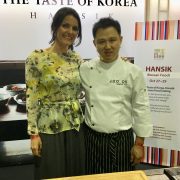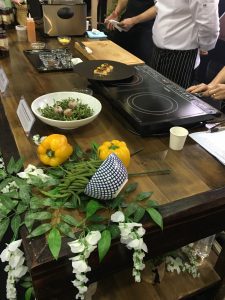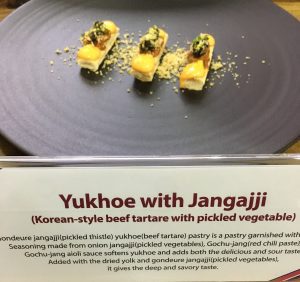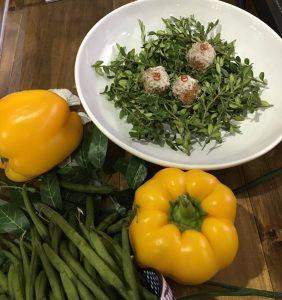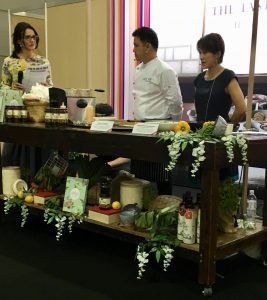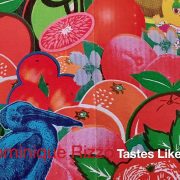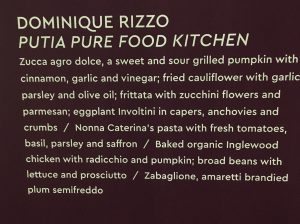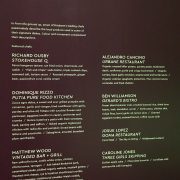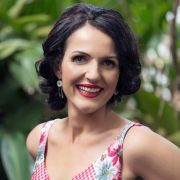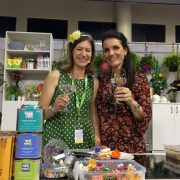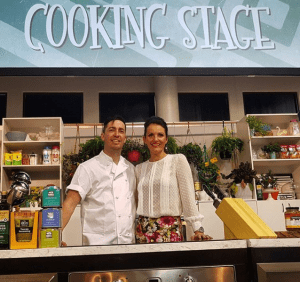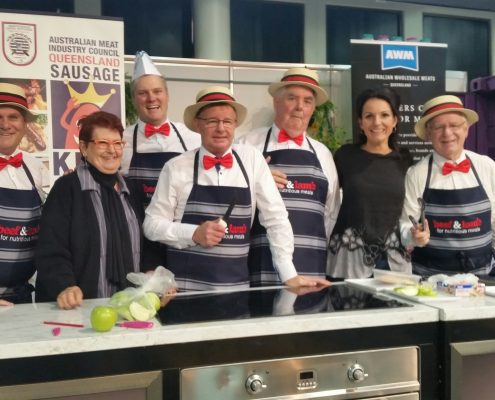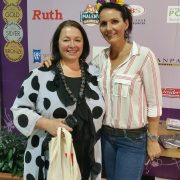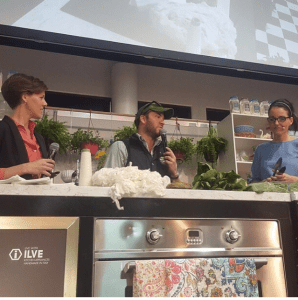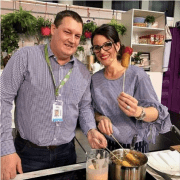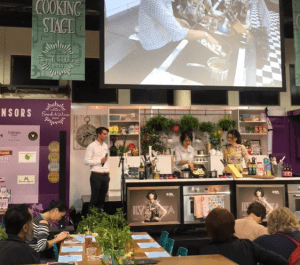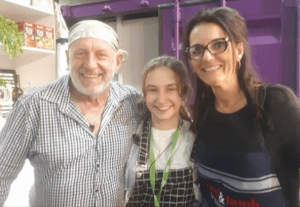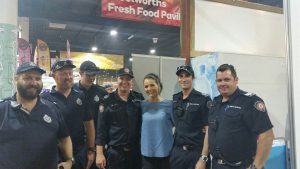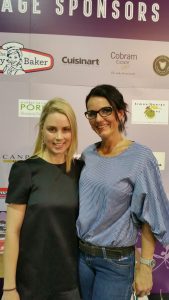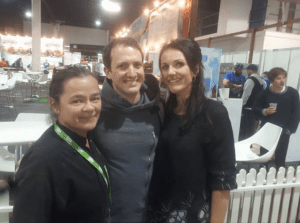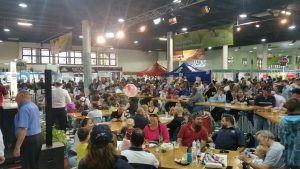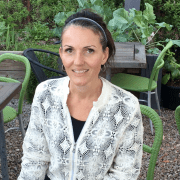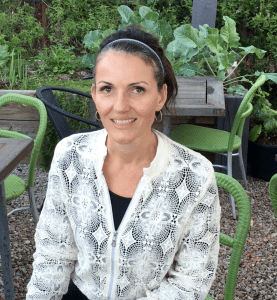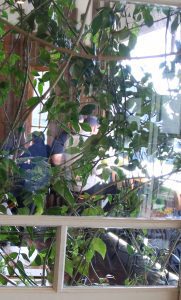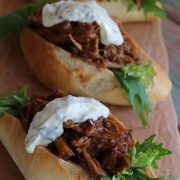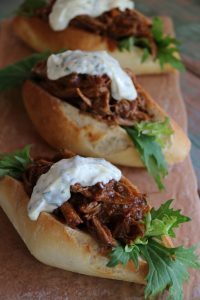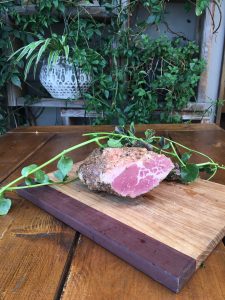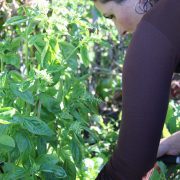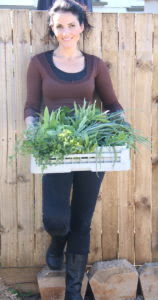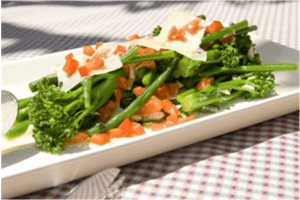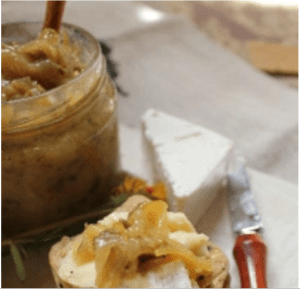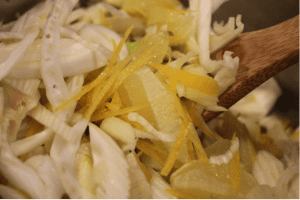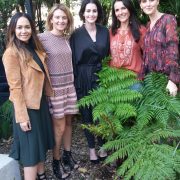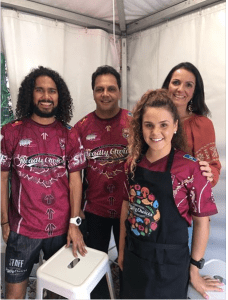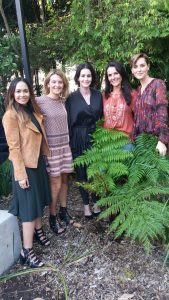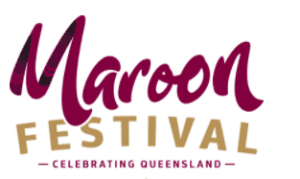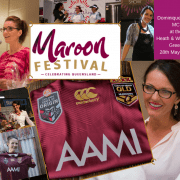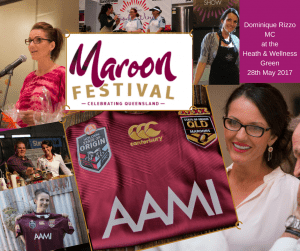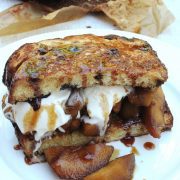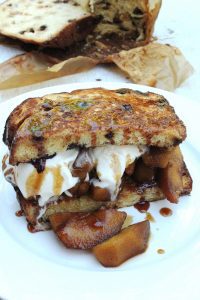The Taste of Korea – Good Food & Wine Show with Chef Dominique Rizzo
There is not a Korean BBQ in sight when Chef Shin takes us into his Hansik slow food kitchen at the Good Food & Wine Show with Chef Dominique Rizzo guiding the audience through each step of his cooking revealing the wonderful world of flavours of thistle pickles and kimchi that are synonymous with the taste of Korean food.
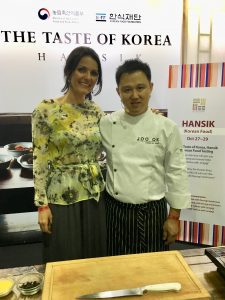
The essence of Hansik Cooking
Hansik is Nature
Earth is the source of life for man. Thus, the healthiest nourishment for man is earth’s natural foods, nurtured by the sun, rain, and wind.
Slow …… aged over time
Hansik is the ultimate slow food
The age-old practice of naturally fermenting food gives a deep and complex flavor to foods such as kimchi and jang (fermented sauce).
Vitalizing ……with seasonal ingredients
Spring is the son of new life when nature generously provides us with fragrant vegetables and herbs. The mountains and fields are covered with a variety of different namul (wild-greens, herbs and sprouts) and young vegetables that are harvested for cooking.
Harmonious Balance …… microcosm in a bowl
Korean cuisine is characterized by the balance and fusion of Five Cardinal Colors of blue (靑), red (赤), yellow (黃), black (黑), and white (白). These five colours, called obangsaek, also represent different spatial and seasonal elements, as well as the Five Tastes – spicy, sweet, sour, salty and bitter.
Rustic …… the feel of home
Hansik is unpretentious and humble. With its roots in peasant cookery, hansik consists of a wide range of hearty soups and stews that satisfy the stomach and comfort the soul.
Labor of Love …… in every bite
Hansik is prepared with great care and attention. Ingredients are always finely diced or shredded, then seasoned and mixed by hand. Taste is determined by the deft feel and skill of experienced hands. In Korea, we call this the ‘work of mother’s fingertips,’ which is the secret ingredient behind the flavorful and easy-to-consume hansik dishes.
More about Chef C.H. Shin
Chef Shin is the Owner and Chef of “Joo Ok”, a contemporary Korean Restaurant in Cheongdam-dong. “Joo Ok” is a Restaurant recommended by MICHELIN Guide Seoul 2017.
Chef Shin was invited to the Gala Dinner at the 2016 World Hansik Festival hosted by the KFF; in 2014–2015 he was Chef at Michelin Japanese Restaurant ‘NOBU’ Miami Branch.
Check-in for a Taste of Korea at the Good Food & Wine Show with Chef Dominique Rizzo, with recipes for two of the amazing dishes on the menu.
Gondeure jangajji yukhoe pastry (Korean-style beef tartare with pickled vegetables) is the first one.
The Taste of Korea is unique in this dish of Gondeure jangajji (pickled thistle) yukhoe (beef tartare) pastry, which is a pastry garnished with yukhoe. The seasoning is made from onion jangajji (pickled vegetables), Gochu-jang (red chili paste), and Gochu-jang aioli sauce that softens yukhoe and adds both the delicious and sour taste. Gochu-jang mixed with Gochu-jang aioli gives the soft taste and texture. Added with the dried yolk and gondeure jangajji (pickled vegetables), it gives the deep and savoury taste. Inspired by authentic Korean food, the use of puff pastry is considered to be pleasing to the taste of Australians.
Ingredients (for 2pcs):
– Baked pastry (2ea)
Garnish
– Korean beef eye of round (5g)
– Nutritious leek (0.5g)
– Pine nut (0.5g)
– Yolk powder (0.5g)
– Gondeure pickeled vegetables (1g)
– Onion pickled vegetables (1g)
– Gochu-jang aioli (1g)
– Gochu-jang sauce (1g)
Steps:
1. After cutting a puff pastry into 2cm in width, bake them on a butter paper in an oven at 180-degree for about 20 minutes. Then cut them into 2cm x 6cm-sized pieces.
2. Peel and mash eye of round.
3. Chop nutritious leek.
4. Mash Gondeure pickled vegetables and onion pickled vegetables, and remove moisture from onion pickled vegetables.
5. Measure and mix mashed eye of round, nutritious leek, onion pickled vegetables, Gochu-jang aioli, and Gochu-jang
6. After putting Gochu-jang aioli at each end of the puff pastry, place the mixed ingredients (from step 5), then put Gondeure pickled vegetables, pine nut powder, nutritious leek yolk powder on the very top.
The second recipe is Jjimdak kromesky with Neungi mushroom
This dish is braised chicken with hawk’s wings mushroom. Jjimdak (braised chicken in soy sauce) kromesky (fried croquette) with Neungi mushroom is a croquette made by frying mashed jjimdak and chicken feet, with the bread powder added. The dish gives the jjimdak taste with Ganjang (soy sauce) soaking into the soft stuffing inside the fried croquette. The dish sauced with Cheongyang red pepper sauce removes the fried dish’s typical greasy taste with its sourness. The kromesky is topped with bread crumbs dusting and Neungi mushroom powder to add to the autumn vibe.
Ingredients (for 2pcs)
– kromesky (2ea)
– Chicken drumstick (1,500g)
– Boneless chicken foot (750g)
Seasonings
– Bulgogi sauce (250g)
– Water (250g)
– Flour (1g)
– Egg (1g)
– Breadcrumbs (1g)
Garnish
– Cheongyang red pepper sauce (10g)
– Grana Padano (3g)
– Neungi mushroom powder (0.5g)
Steps:
1. Peel and remove fat from a chicken drumstick, and wash and remove moisture from chicken feet
2. Boil chicken drumstick, chicken foot, Bulgogi sauce and water in a pressure cooker
3. Once the ingredients (from step 3) boil up over high heat, continue to boil them over low heat for about 30 minutes.
4. Separate the soup from solid ingredients once they cool down
5. Tear the boiled chicken drumstick, and mash the chicken feet until the texture is softened enough for chewing
6. Gradually boil down the soup over low heat so that the soup gets suitably seasoned
7. Mix the chicken drumstick, meshed chicken feet, and the soup, and put them in a 2cm-high square tray inside a refrigerator.
8. Once they get hardened, cut them into a suitable size, cover the pieces with breadcrumbs, and fry them.
9. Once they are fried, cover them with Grana Padano cheese.
10. Place Cheongyang red pepper sauce on a plate, them put the cooked kromeskies on the top.
11. Lastly, sprinkle Neungi mushroom power on the kromeskies.

